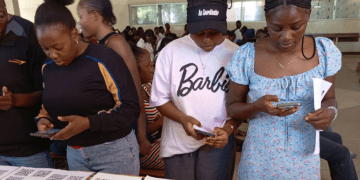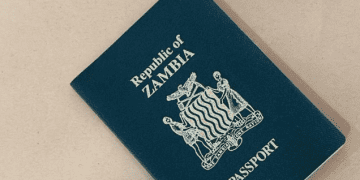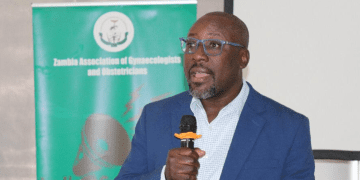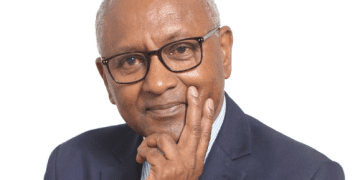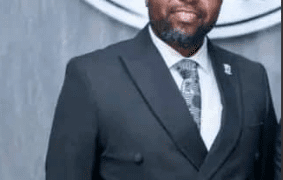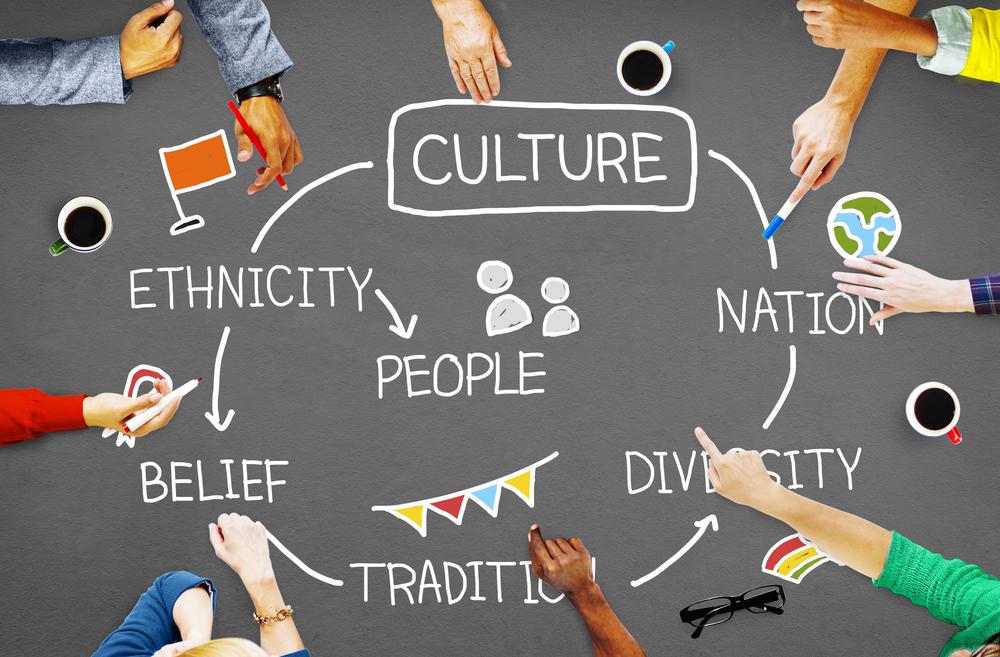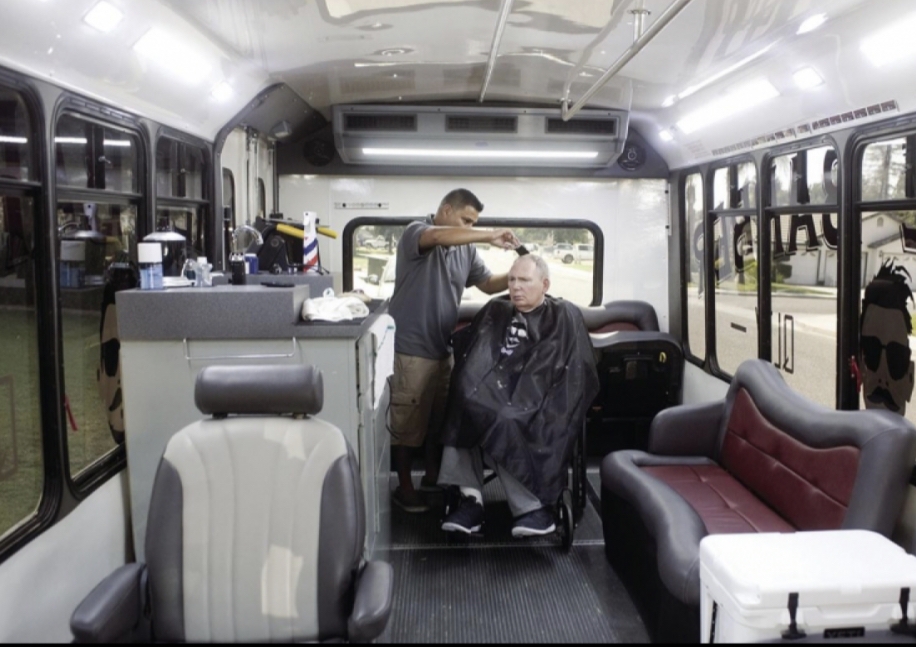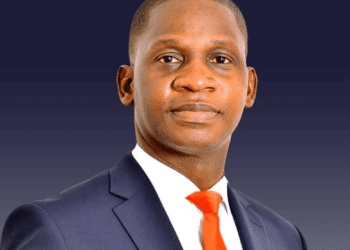Practicing Professional Counseling and providing psychotherapy services in Zambia hasn’t been easy journey for many professionals for several reasons but the greatest enemy we have is our culture. According to CliffsNotes, culture consists of the beliefs, behaviors, objects, and other characteristics common to the members of a particular group or society, CliffsNotes further states that throughculture people and groups define themselves, conform to society’s shared values, and contribute to society. Psychotherapy on the other can be defined as a partnership where both the therapist and client agree on shared goals, work together on tasks designed to bring a positive outcome, and establish a relationship built on trust, acceptance, and empathy. Psychotherapy has been found to very effective in the treatment of various mental health conditions in adults and children among them depression, anxiety, trauma, suicidal thoughts, gambling and substance use addiction and other behavioral problems in children like intermittent explosive disorder, oppositional defiant disorder and conduct disorders just to mention a few.
The World Health organization (WHO), defines mental health as our state of emotional, psychological, and social well-being. It affects how we think, feel, and act, therefore we can then say that mental health is the ability to function effectively in daily activities, resulting in productivity at work and school, experiencing fulfilling relationships, and developing resilience to change and adversity while mental illness is said to be a disease causing mild to significant disturbances in thinking, behavior, and/or emotion resulting in an inability to cope with ordinary life challenges and routines.Mental, neurological and substance use disorders make up 10% of the global burden of disease and 30% of non-fatal disease burden, almost 800 000 people die by suicide every year, 1 person dies from suicide every 40 seconds and Suicide is the second leading cause of death in individuals aged 15-29 years according to the World Health Organisation.
Firstly we live in a culture were everyone claims to be a Counsellor even without proper training or specialization in counselling, psycthotherapy and or Psychology. This is evident on the approach most families in Zambia take to those who need counselling services. Most families value traditional counselling that involves identifying the elderly in our community to provide counsel to those going through various emotional, psychological and behavioral issues and mostly this kind of support is provided for free hence making it difficult for our community to the value for paying for professional counselling services seems odd to most people and those who brave the stigma to go for therapy are usually labeled weak, insane, lazy, psychos , rich etc. Outlined below are some of the barriers I have observed during my 12 years practicing psycthotherapy and Counselling in Zambia and is how our culture has contributed to the luck of growth in the provision of psychotherapy services and evidently affected the decentralization of mental health services.
1. Compared to other cultures, our culture is one of the most secretive cultures which discourages expressions of emotions and sharing personal struggles with other people, a situation that makes even harder for people to open up to professionals or seek professional mental health support from people who are trained and skilled.
2. Psychotherapy services in our Zambian culture are considered free services and not worthy paying for despite the huge costs involved in training as a Psychotherapist and spend several years of trainings and continued Supervision to ensure that they provide effective, evidence based therapies for the benefit of the the clients.
3. Our culture has taught us to hide positive life experiences therefore making harder to share when we are hurting. For example in our it’s highly to discouraged to images or photos of a newly born baby in the first 3 months for fear of spiritual attacks, bewitched by jealous family members, friends or community members.
4. We live in a culture were talking about your struggles in any aspect of life with people outside ones family is considered inappropriate and embarrassing the family especially when it comes to issues marital conflicts (As the old saying goes ” Never wash dirty linen in public).
5. We live in a culture were seeking professional help is labeled wasting money when infact it’s a great investment in ones mental health when therapy is associated helping clients live a more meaningful and purposeful life.
6. We live in a society were seeking help from church elder or a pastor, bishop, a Catholic priest etc is the most acknowledged form of counselling most people are comfortable with. The question is who trains these people in the church to provide Counselling services? Which professional body makes them accountable for the provision of such services? Does our community know that Psychotherapy services are evidence based clinical services that requires intense trainings?
7. We have been raised in a community that believes that a stressed man is a hard working man, making it hard for men to express themselves when they are overwhelmed for fear of being victimized as weak and lazy.
8. Last but not the least, we have been raised in a culture that normalizes living in an abusive relationship all at the cost of children, protecting the integrity of the instruction of marriage, making victims of intimate partner violence accept that it’s normal to be a an abusive relationship and see no reason to seek help and address the negative psychological and emotional impact arising from the Abuse.
All in all, I want to call upon all mental health practitioners, mental health enthusiasts and advocates with support from our Zambian government and support from the international community to prioritize mental health at National, Provincial, District and community level. To achieve this we need a lot of investment to debunk the rigid beliefs and negative attitudes towards mental health and seeking professional mental health services that have deprived children and adults of holistic health care and universal access to health, remember there is no Health without Mental Health.
Written by
Benjamin Samusiko
Professional Counsellor – Zambia, Africa.
+260977281923
References
CliffsNotes study guides: Culture and Society Defined,https://www.cliffsnotes.com/study-guides/sociology/culture-and-societies/culture-and-society-defined.
World Health Organisation: Mental health Facts Sheet, 2 October 2019,: https://www.who.int/news-room/facts-in-pictures/detail/mental-health.



